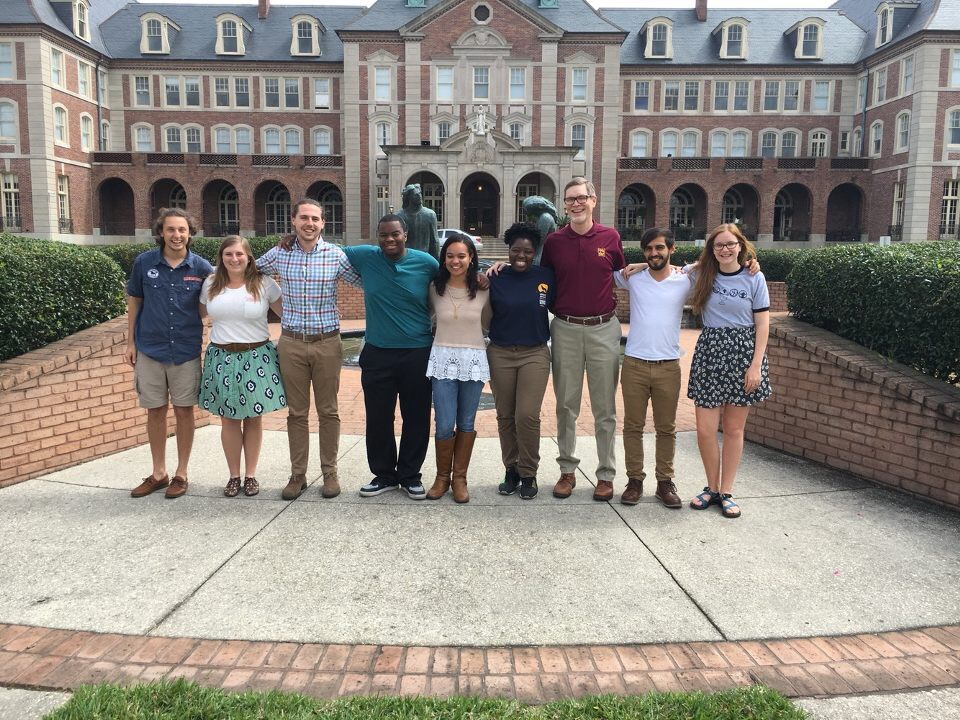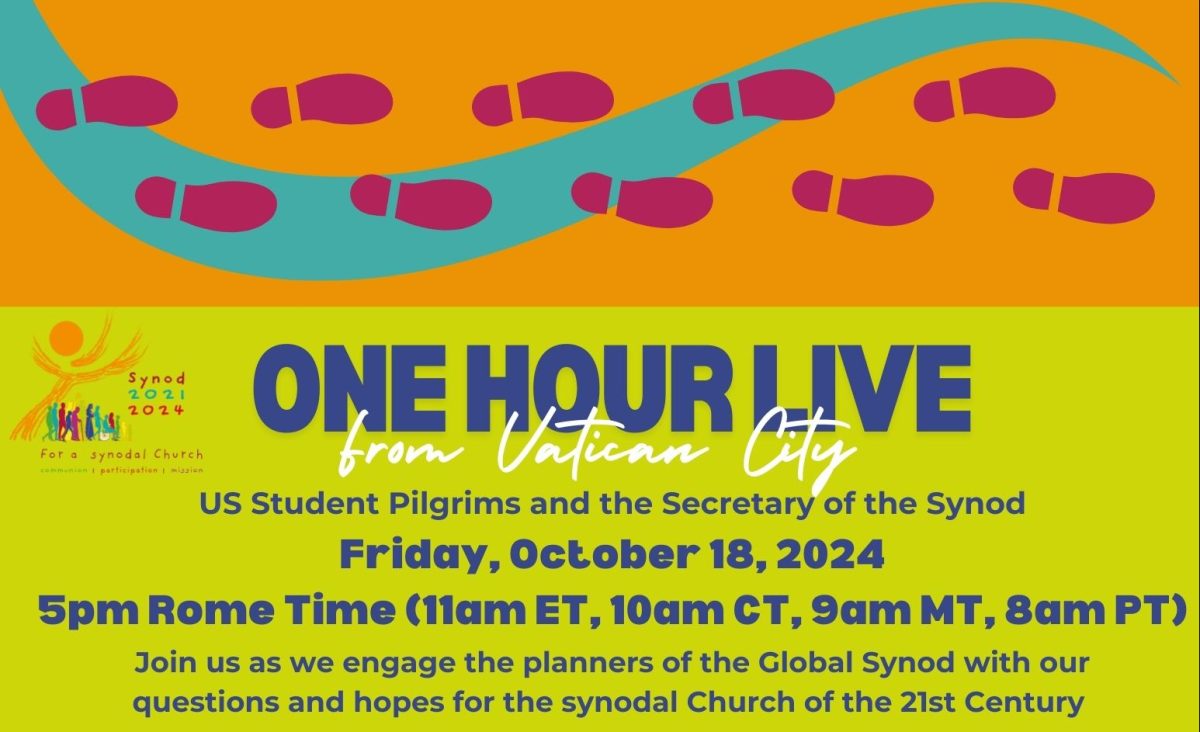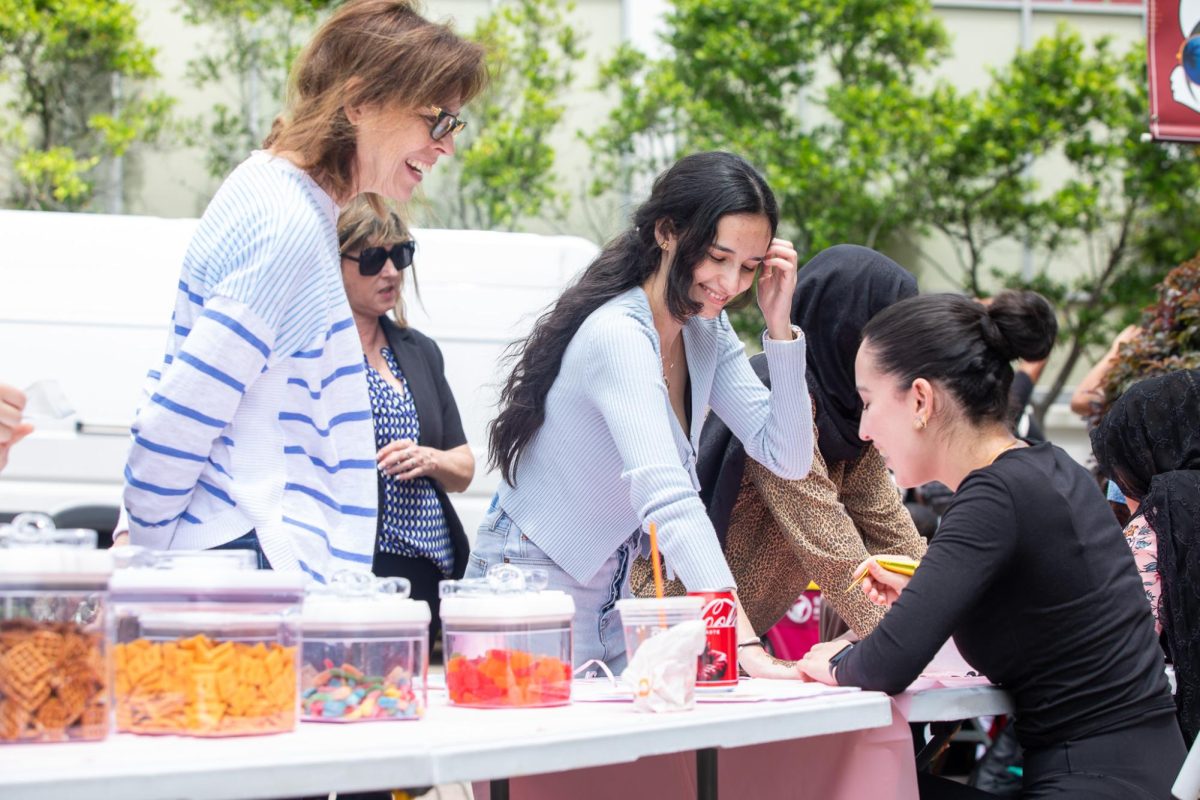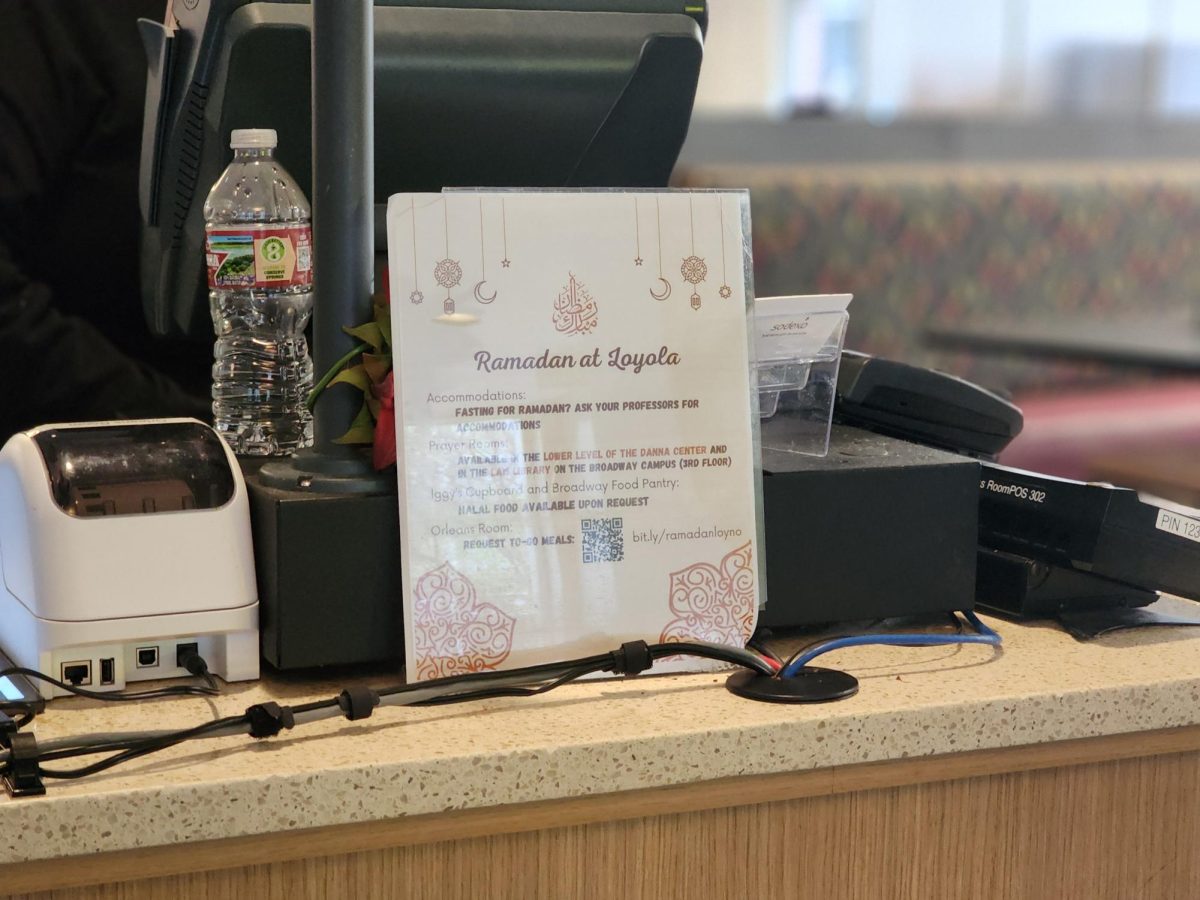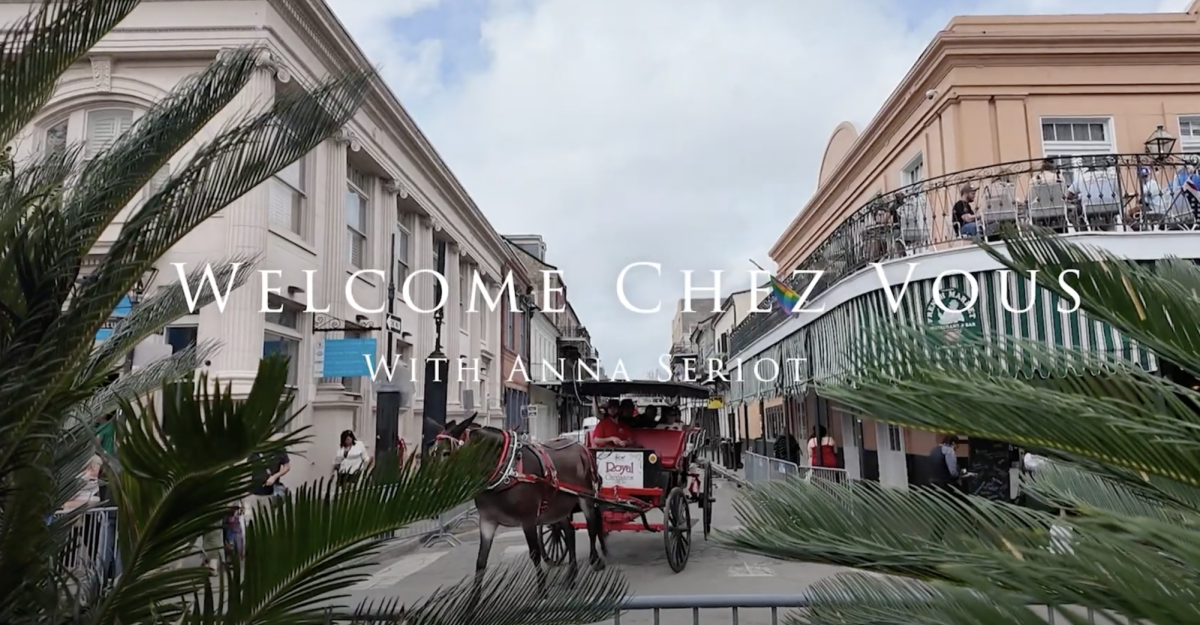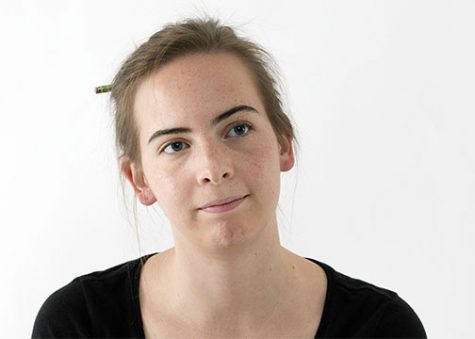This summer, Loyola will be putting Pope Francis’ advice to care for creation into action through a new summer theology institute for high school students.
The FaithActs Summer Theology Institute is a one-week program that will be held at Loyola from June 11 through June 16. The program will host high school students from around the country, teaching them about environmental issues in New Orleans.
Materrinan Zehyoue, the institute’s administrative coordinator, said Loyola is uniquely situated to host a program like this.
“There’s so many needs that the city has that are really linked to environmental issues, and it’s especially important because, being at Loyola, it’s been 12 years since Hurricane Katrina, and there’s still areas of New Orleans that are just as devastated as they were in 2005, and that’s something that is a direct result of environmental neglect,” Zehyoue said.
She said that students will do service each morning at sites around the city like the Edible Schoolyard, which teaches young children how to grow vegetables. In the afternoons, the FaithActs students will reflect on their service with the help of Loyola student mentors, and in the evenings, they will have seminar-style classes with Loyola professors including Angel Parham in sociology, Craig Hood and Bob Thomas in the environmental science program and Alvaro Alcazar, who teaches a course on ecological education.
Alcazar said that the Bible teaches that we should care for “the least of our brothers and sisters,” and that this theme is present in Pope Francis’ encyclical, or letter, about care for the environment, “Laudato Si.”
“With what Pope Francis is saying in Laudato Si, the least of our brothers and sisters is maybe Mother Earth, is maybe the trees, is maybe the butterflies, is maybe the animals,” Alcazar said.
Alcazar also said he hopes he can help the students at FaithActs learn to put their faith into action.
Zehyoue said the program will focus more specifically on the effects environmental destruction has on people, like in “Cancer Alley,” an area along the Mississippi River between Baton Rouge and New Orleans that contains many industrial plants.
“I think oftentimes when we think of environmental concerns, we only think of literally nature, we don’t think of the people that are living in these areas,” Zehyoue said.
She said one major part of the program is helping students develop an environmentalist project to bring back to their home schools and parishes at the end of the program, with the support of the students’ science and religion teachers and campus ministers.
Grace Gandy, an Ursuline Academy student, is one of the 45 high schoolers who have been accepted to the institute. She said she hopes to learn more about environmental protection, especially through conservation and conscious shopping.
p.p1 {margin: 0.0px 0.0px 0.0px 0.0px; text-align: justify; text-indent: 10.0px; font: 8.5px Utopia}
“I’ve reflected and noticed that I’ve never focused on our environment and the service I could do towards it,” Gandy said. “I hope to learn some simple tricks or skills to use everything I have to the fullest in order not to waste. I also hope to learn what items I buy at stores are harmful to the environment so I can avoid buying them.”


